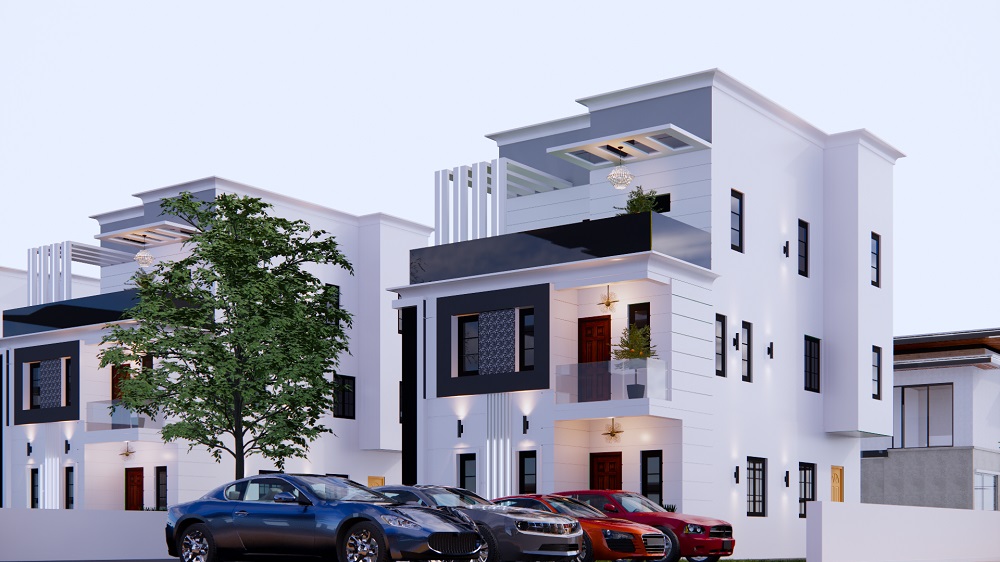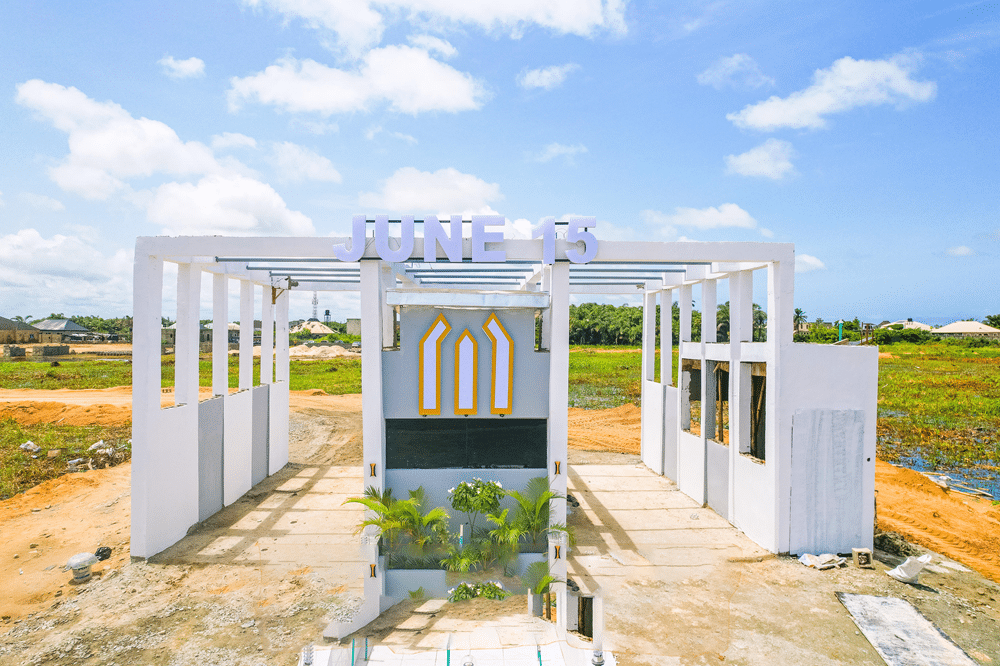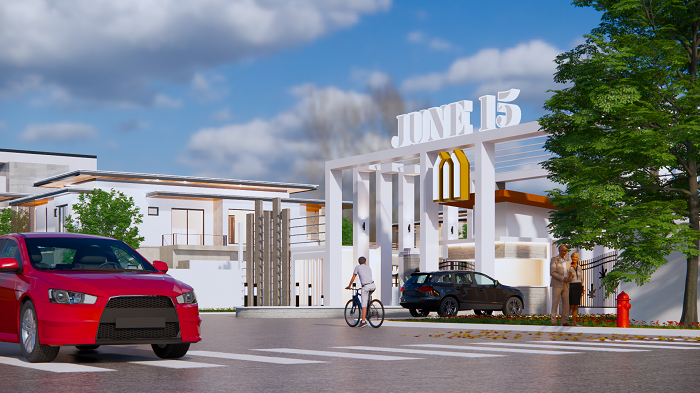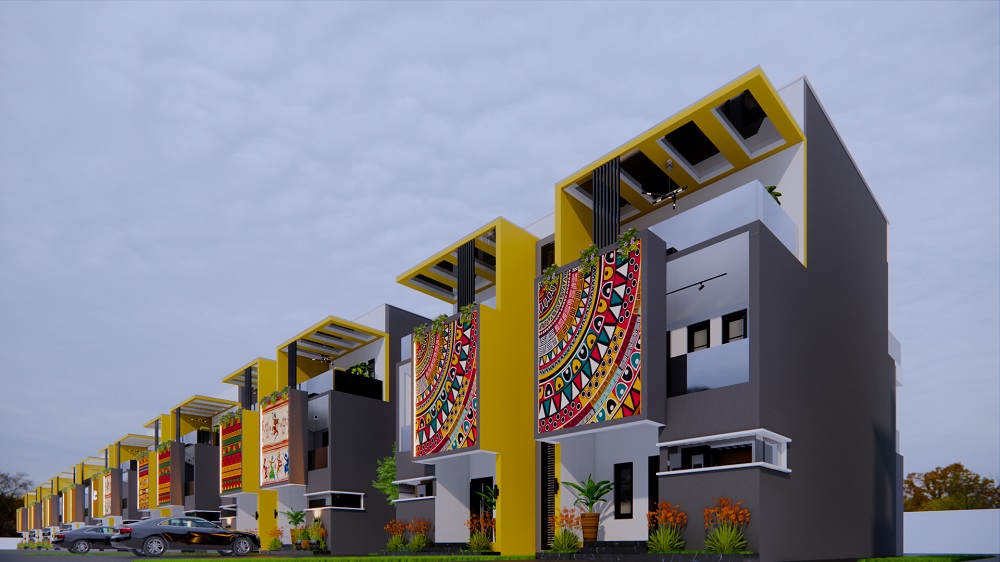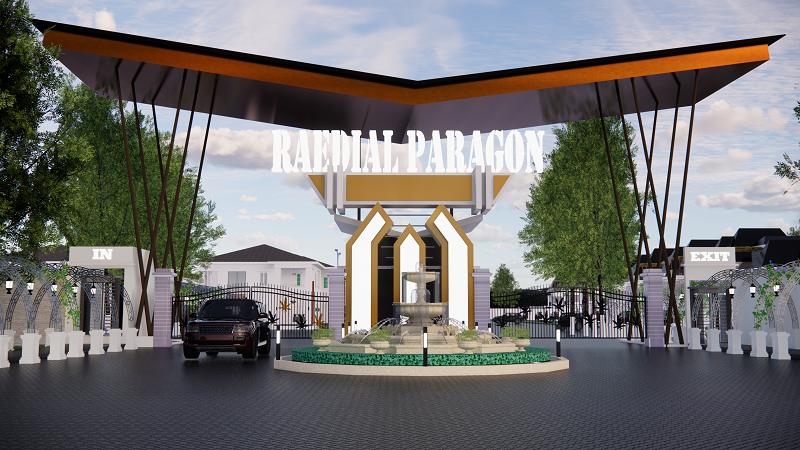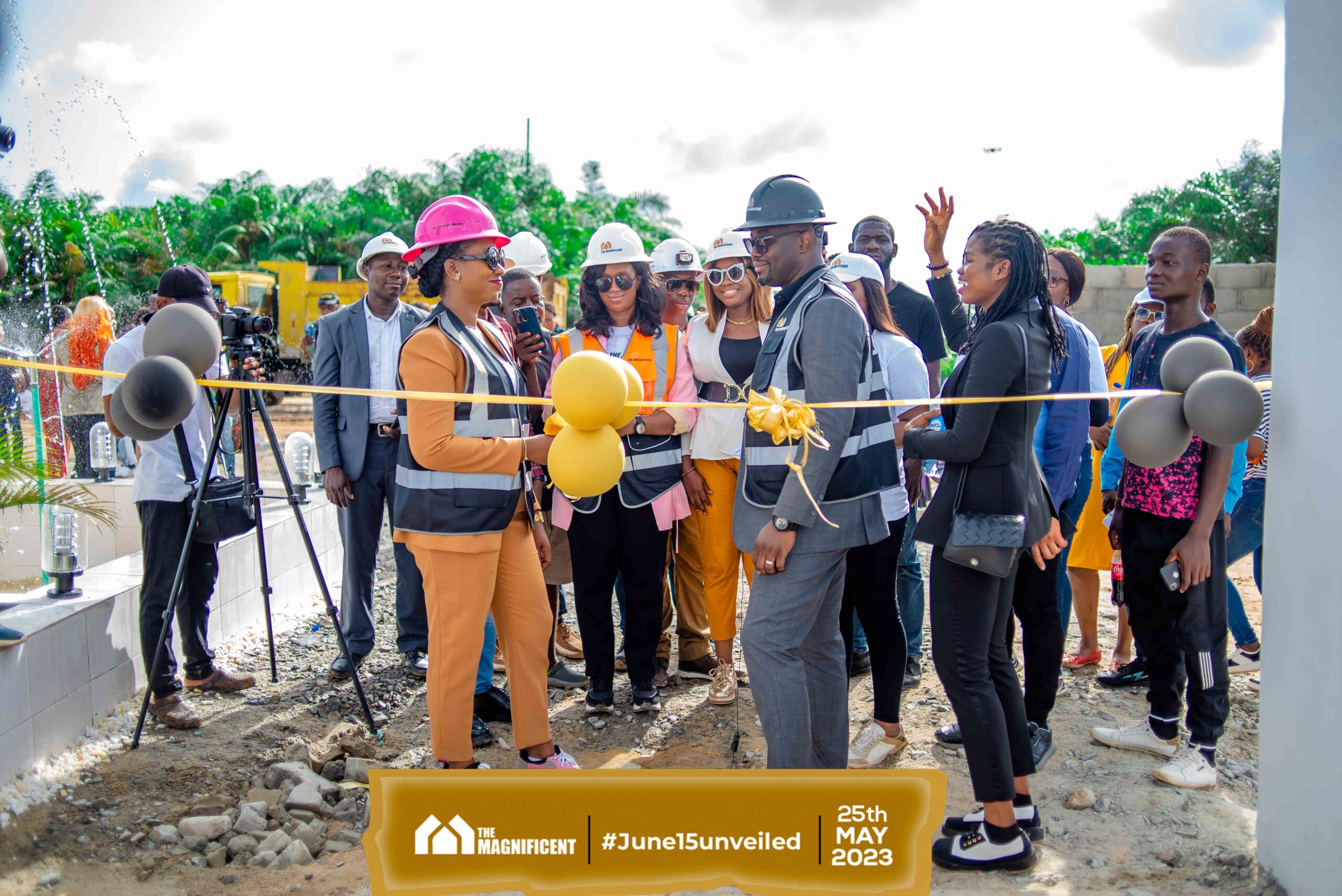Navigating the Future: A Glimpse into the Lagos Real Estate Market Outlook
The Lagos real estate market has long been a beacon of opportunity and growth, attracting investors, developers, and homeowners alike. However, like any dynamic market, it is subject to fluctuations influenced by various economic, social, and political factors. As we look ahead, it’s essential to analyze current trends and anticipate what the future holds for this vibrant sector.
- Economic Landscape:
- Nigeria’s economy plays a significant role in shaping the real estate market in Lagos. As Africa’s largest economy, its performance directly impacts property values, demand, and investment sentiment.
- Despite economic challenges, Lagos remains a hub for commerce, finance, and innovation, driving demand for both residential and commercial properties.
- Government policies, infrastructure development, and foreign investment will continue to influence market dynamics.
- Population Growth and Urbanization:
- Lagos is one of the fastest-growing cities globally, with a population expected to reach over 30 million by 2030. This rapid urbanization fuels demand for housing and infrastructure.
- Developers are exploring mixed-use developments and affordable housing solutions to accommodate the city’s expanding population.
- The shift towards remote work and digital nomadism may impact housing preferences, with increased demand for flexible living spaces and amenities.
- Technological Advancements:
- Technology is revolutionizing the real estate industry, from virtual property tours to blockchain-based transactions.
- PropTech startups are disrupting traditional practices, offering innovative solutions for property management, sales, and rentals.
- Embracing digital platforms and data-driven insights will be crucial for staying competitive in the evolving market landscape.
- Sustainability and Green Initiatives:
- With growing environmental awareness, sustainability features and green building certifications are becoming increasingly important to buyers and tenants.
- Developers are incorporating eco-friendly design principles, energy-efficient systems, and renewable energy sources into their projects.
- Government regulations and incentives may further promote sustainable development practices in the real estate sector.
- Infrastructure Development:
- Infrastructure projects such as the Lagos Rail Mass Transit (LRMT) and the Lekki Deep Sea Port are set to enhance connectivity and unlock new opportunities in the region.
- Improved transportation networks and urban planning initiatives will influence property values and development patterns.
- Investments in critical infrastructure are essential for addressing urban congestion and improving the overall quality of life in Lagos.
As we anticipate the future of the Lagos real estate market, it’s essential to adapt to changing trends and embrace innovation. Economic resilience, population growth, technological advancements, sustainability, and infrastructure development will shape the landscape in the coming years. By staying informed and proactive, stakeholders can navigate challenges and capitalize on opportunities in this dynamic market.
Whether you’re a developer, investor, or landowner, understanding the market outlook is key to making informed decisions and achieving long-term success in Lagos’ thriving real estate sector.

